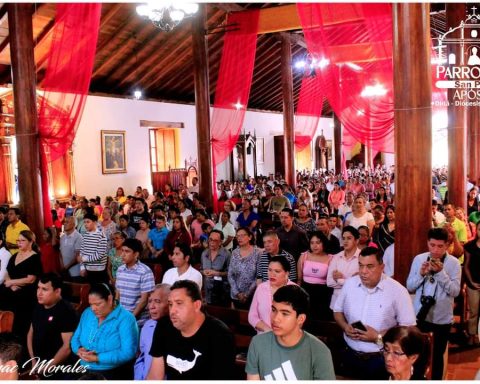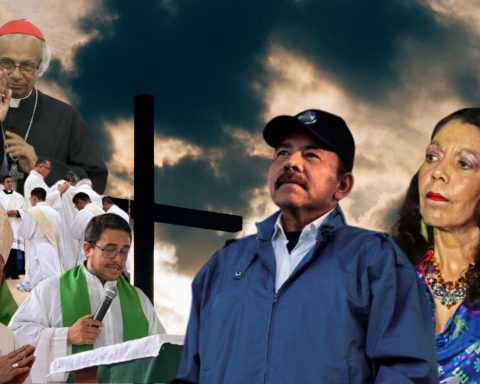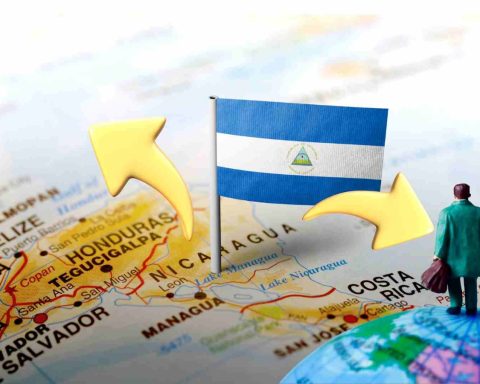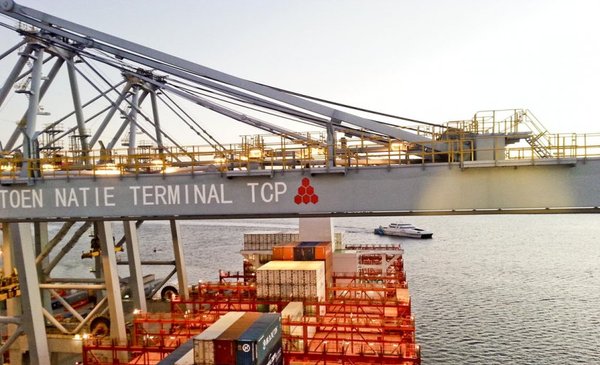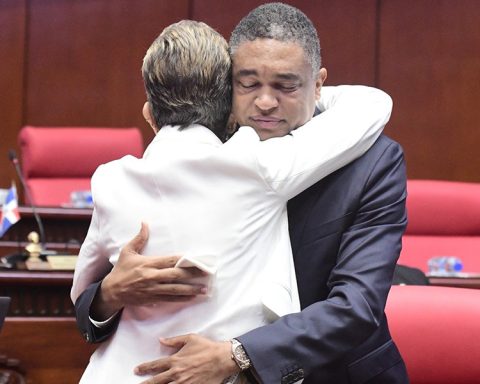The Organization of American States (OAS), at the request of “new friendly governments”, would be “exploring” a new way of relating to the Government of Daniel Ortega, after the departure of the State of Nicaragua from the Inter-American System, according to what he revealed during an interview the former executive secretary of the Inter-American Commission on Human Rights (IACHR) Pablo Abrao.
Abrão, who gave an interview to the international channel NTN24, raised the possibility that, during the “negotiation” of the resolution adopted by the OAS General Assembly on the situation in Nicaragua, on June 23, There has been talk of seeking a new way of maintaining relations with the dictatorial regime of Nicaragua, after the country formally withdraws from that continental organization.
The former executive director of the IACHR said that the resolution of the OAS General Assembly was consistent with previous resolutions, but “there is a novelty, which goes through issues of friendship behind the scenes of politics,” and referred to what which he called “the attempt of new governments in the region, for example, Brazil”, to push the OAS to “assume another way of relating” with the Government of Nicaragua.
Related news: Arturo McFields: “The OAS is not going to forget Ortega, it will continue on the radar”
“This is important in the context where there is legal uncertainty about the continuity or not of Nicaragua within the Inter-American System,” said Abrão.
Ortega is not interested in the Inter-American System
The opposition leader and former politician exiled to the US, Juan Sebastian Chamorro values that the actions and attitudes of the dictator Daniel Ortega have made it clear that “he has no interest in relating to any international organization or with any country, much less multilateral organizations.”
Chamorro considers that the unanimous resolution of the OAS is quite forceful in saying that “crimes against humanity have been committed in Nicaragua, that there is a regime that does not respond to international demands.”
For his part, the political analyst and former deputy, in exile, Elisha Nunez He is of the opinion that, indeed, the will of the international community has always been to “pressure and negotiate”. It is the way diplomacy works and Ortega knows it.
Related news: Nicaraguan regime will not emerge unscathed from the 53rd OAS Assembly
He considers that the Nicaraguan dictator is waiting to reach points where international pressure is “much more severe and more vertical” and as long as it is not that moment, he will continue advancing in his authoritarian project.
“He (Ortega) believes that he does not need to negotiate, he believes that he is comfortable and that he will continue like this for a long time. How much pressure is needed to make the regime open or to collapse? It is a discussion that is not only taking place among Nicaraguans, but in countries of the region and that still has not been concluded,” says Núñez.
Meanwhile, the former Nicaraguan ambassador to the OAS Arthur McFields He is of the opinion that, after November, when Nicaragua formally withdraws from the OAS, there will no longer be the same binding power of resolutions or responsibility. He believes that the OAS will continue to rule on Nicaragua, following up on the issue of the country, but it will no longer have the same legal power.
Related news: María Asunción Moreno: “Diplomacy and dialogue will achieve the transition to democracy in Nicaragua”
He recalled that there have only been three countries, three dictatorships, that have tried to withdraw from the OAS in different contexts: Cuba, which was sanctioned and suspended. Venezuela, which tried to withdraw, but later returned with Juan Guaidó, and now Nicaragua, which is technically the first country to go through the entire process to withdraw from the OAS, fully.
For McFields, the important thing, after Nicaragua’s departure from the organization, is that the fight for democracy in Nicaragua continues and “even if Ortega forgets the OAS, the OAS will not forget Ortega or his crimes against humanity.” .

